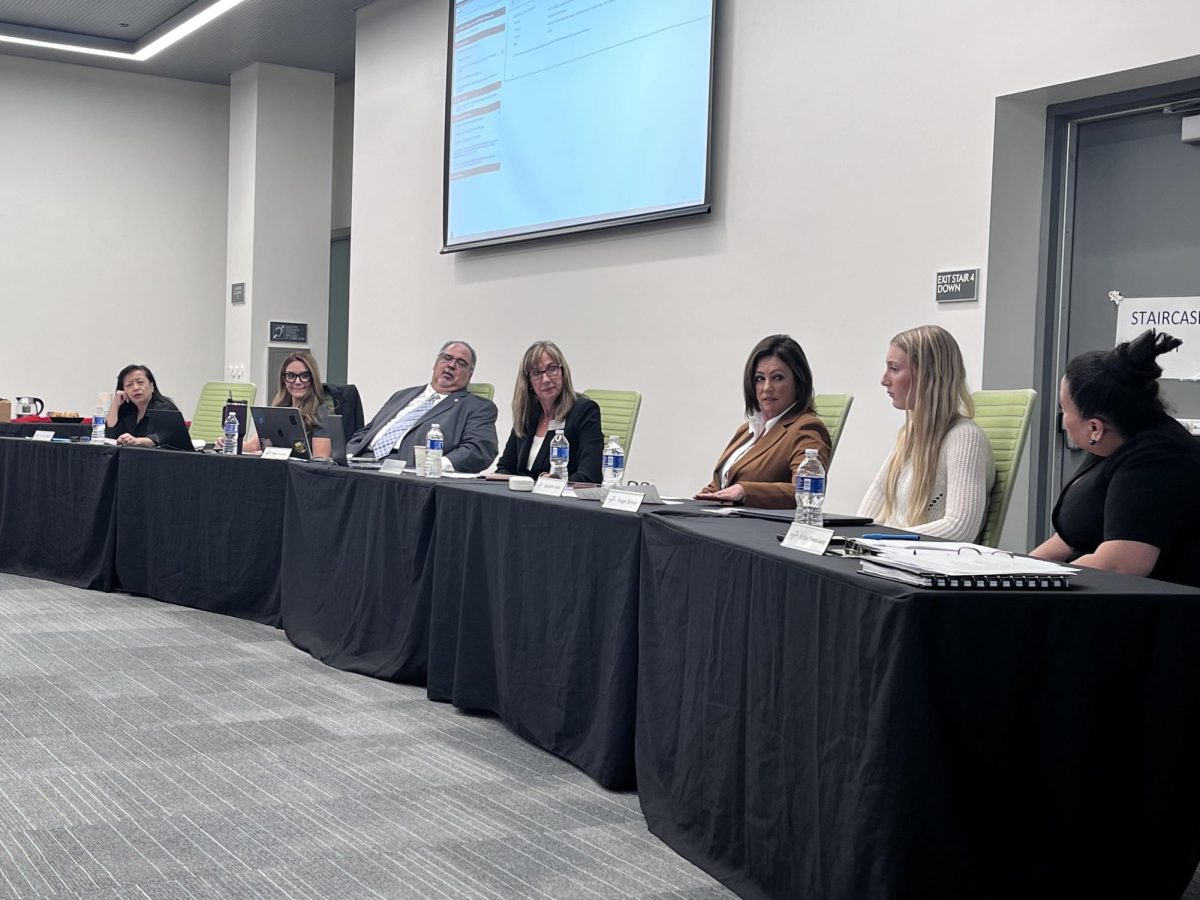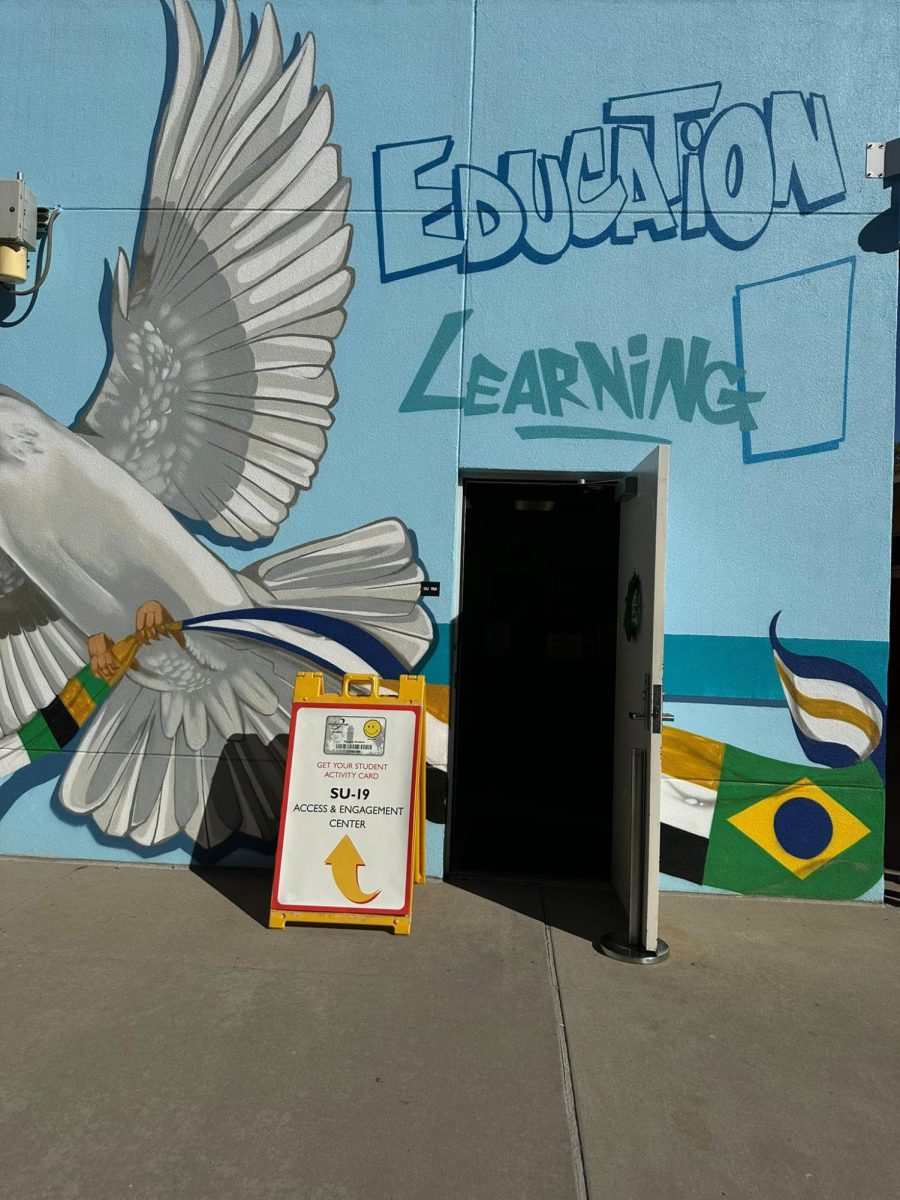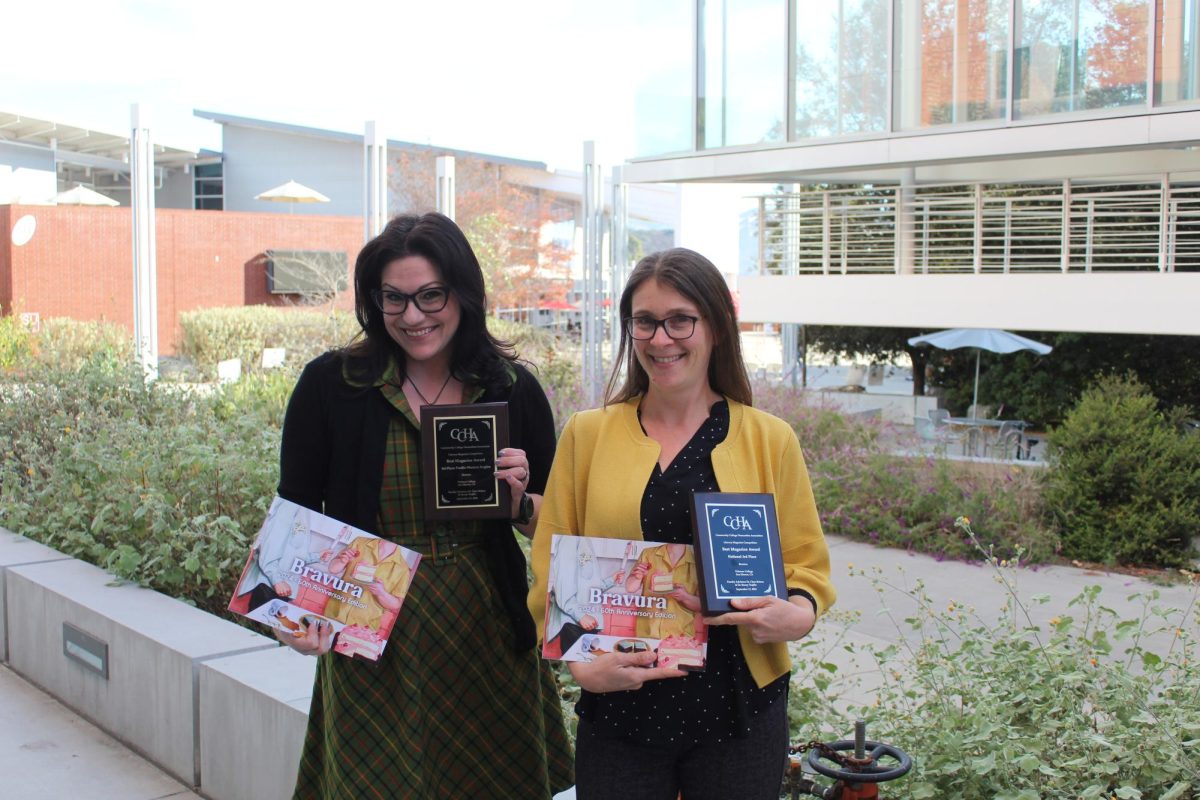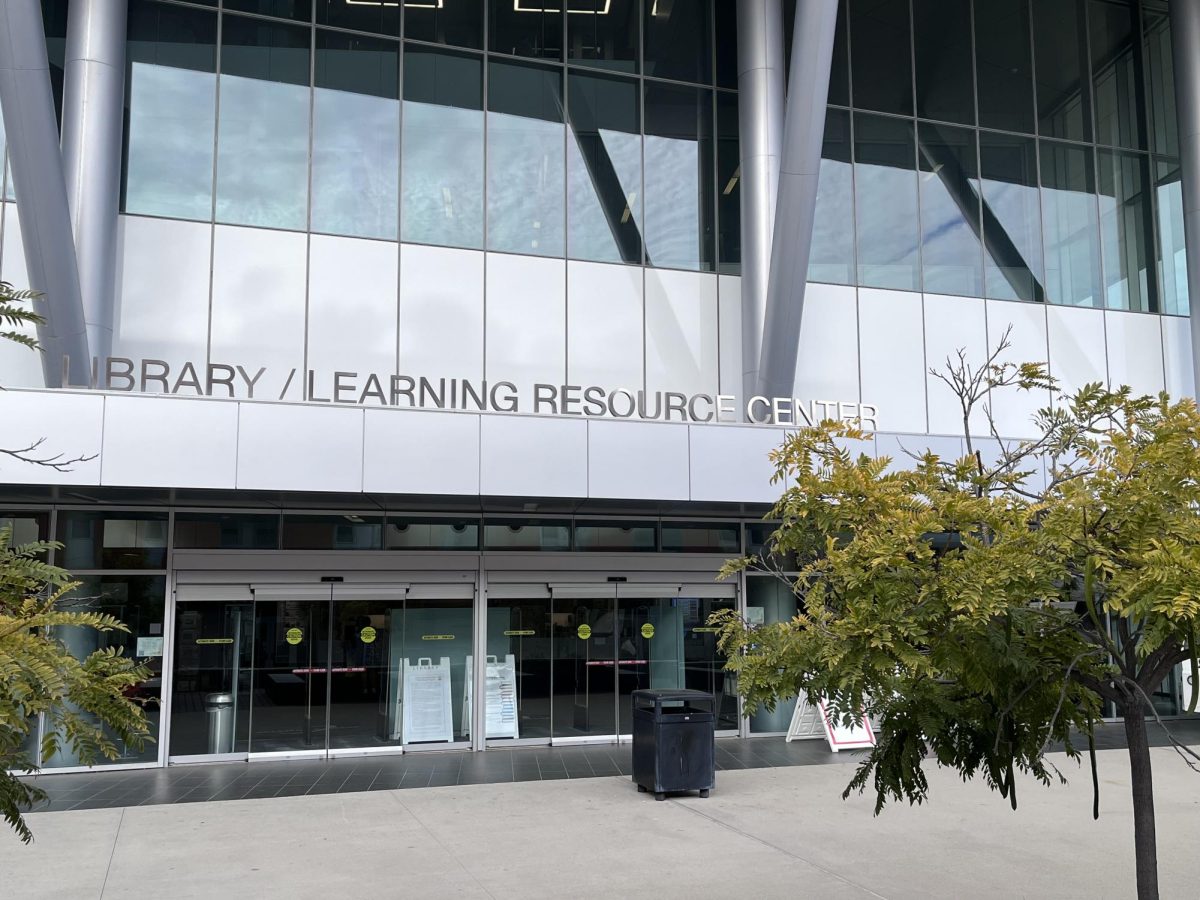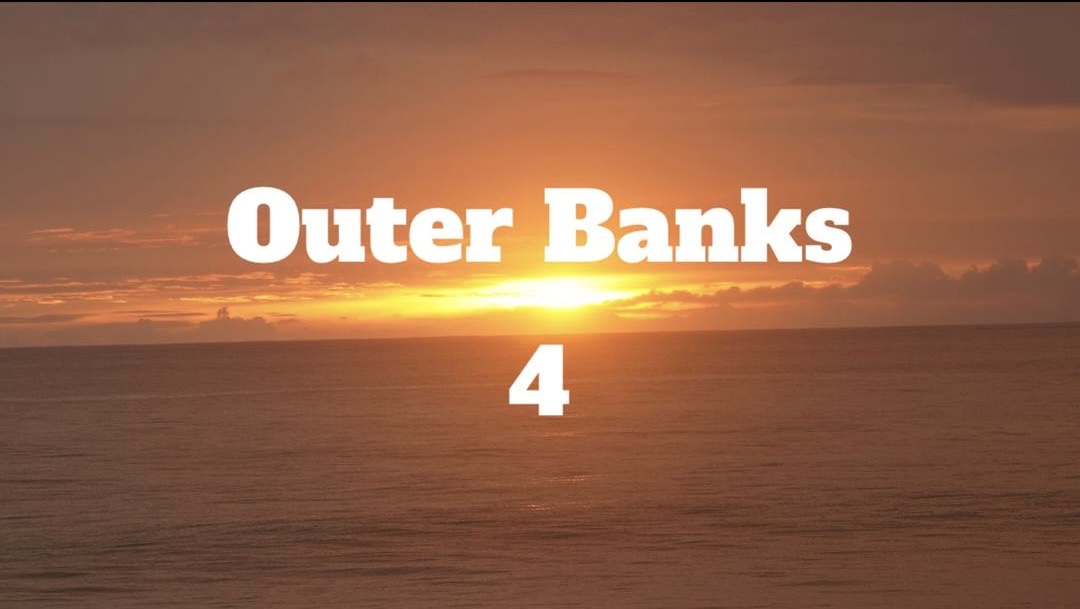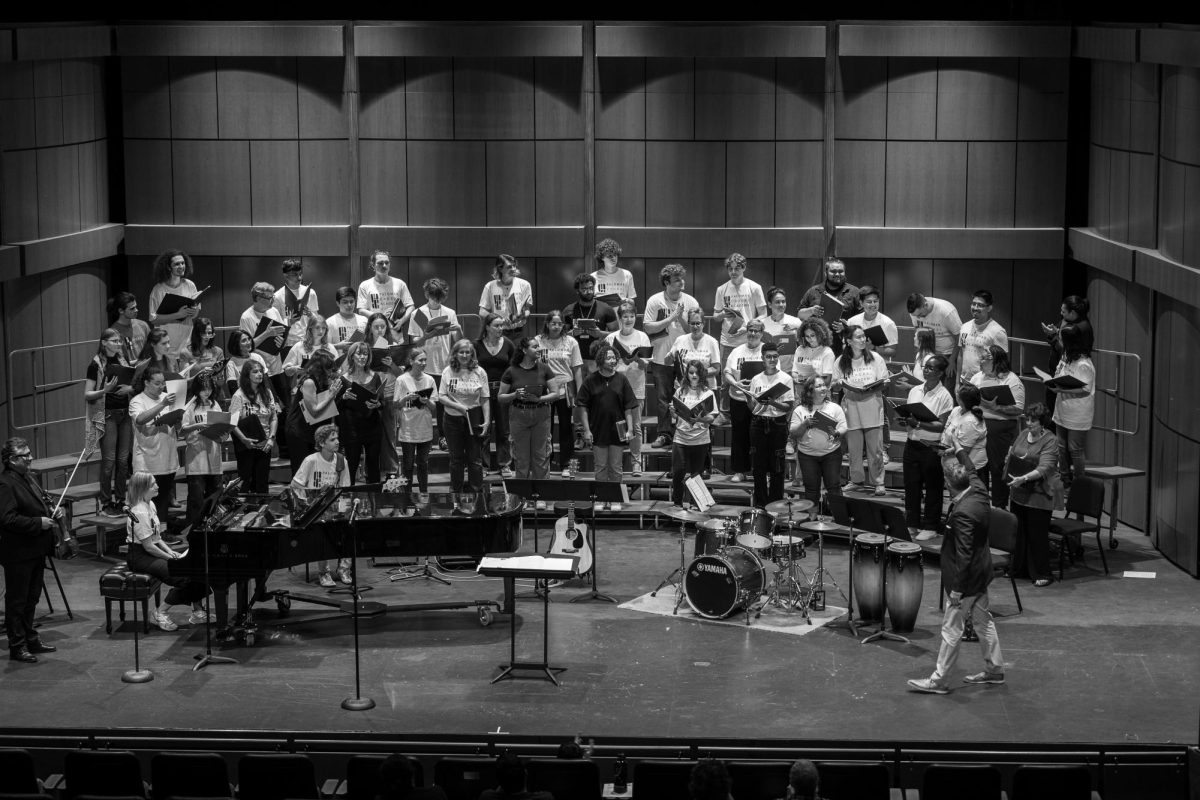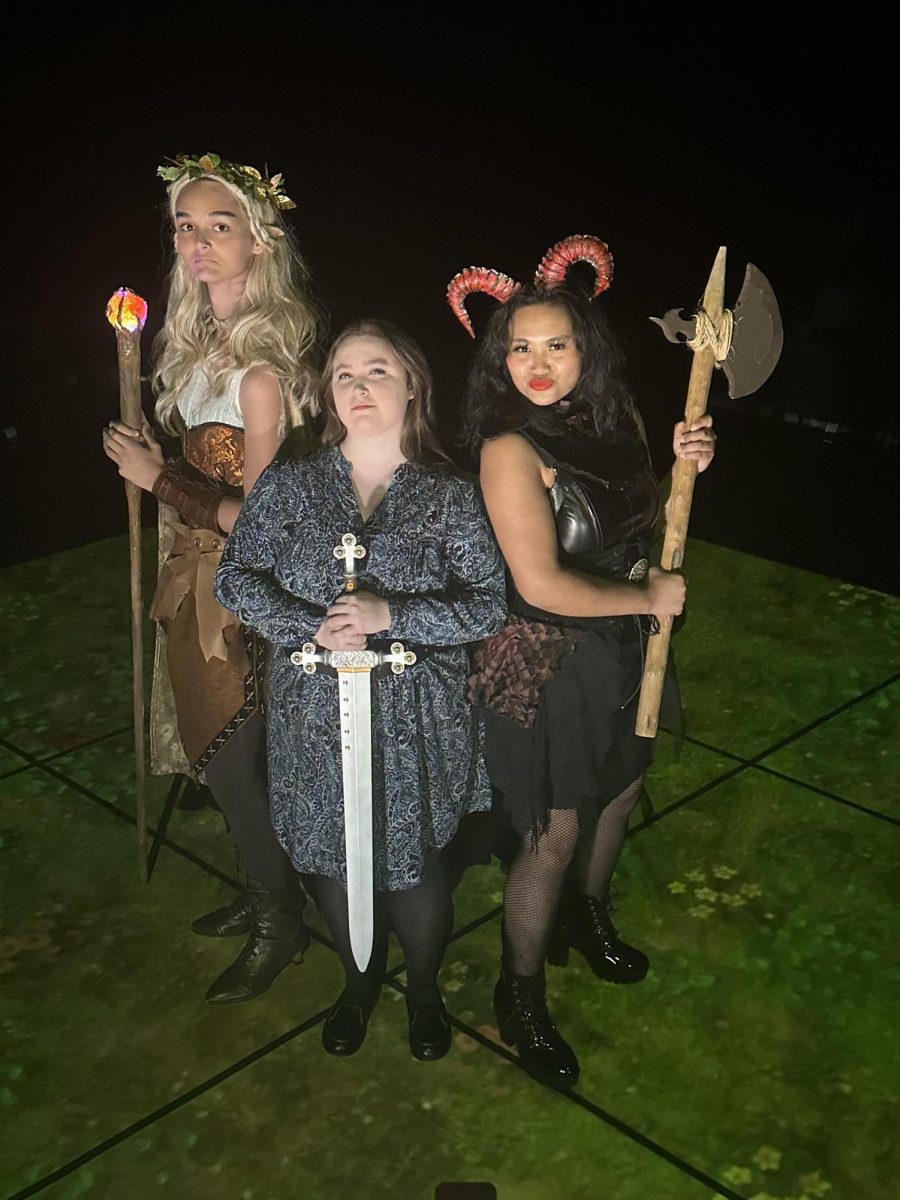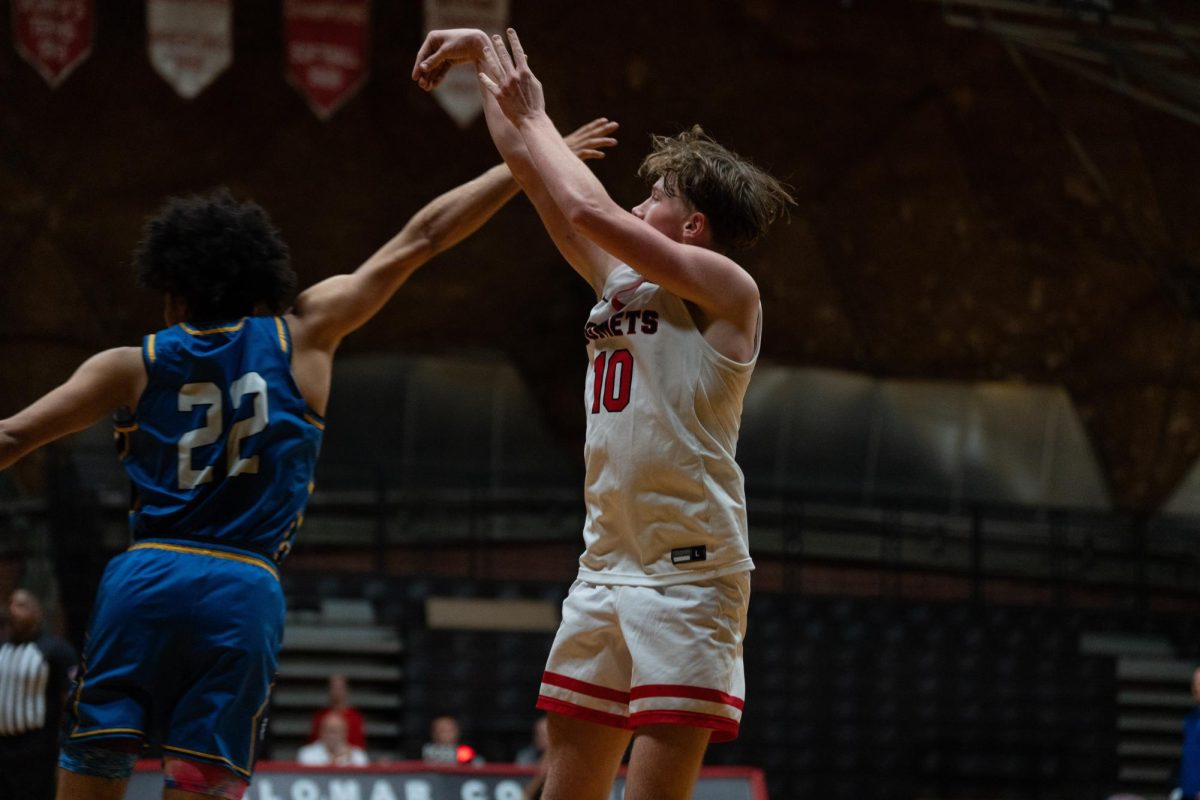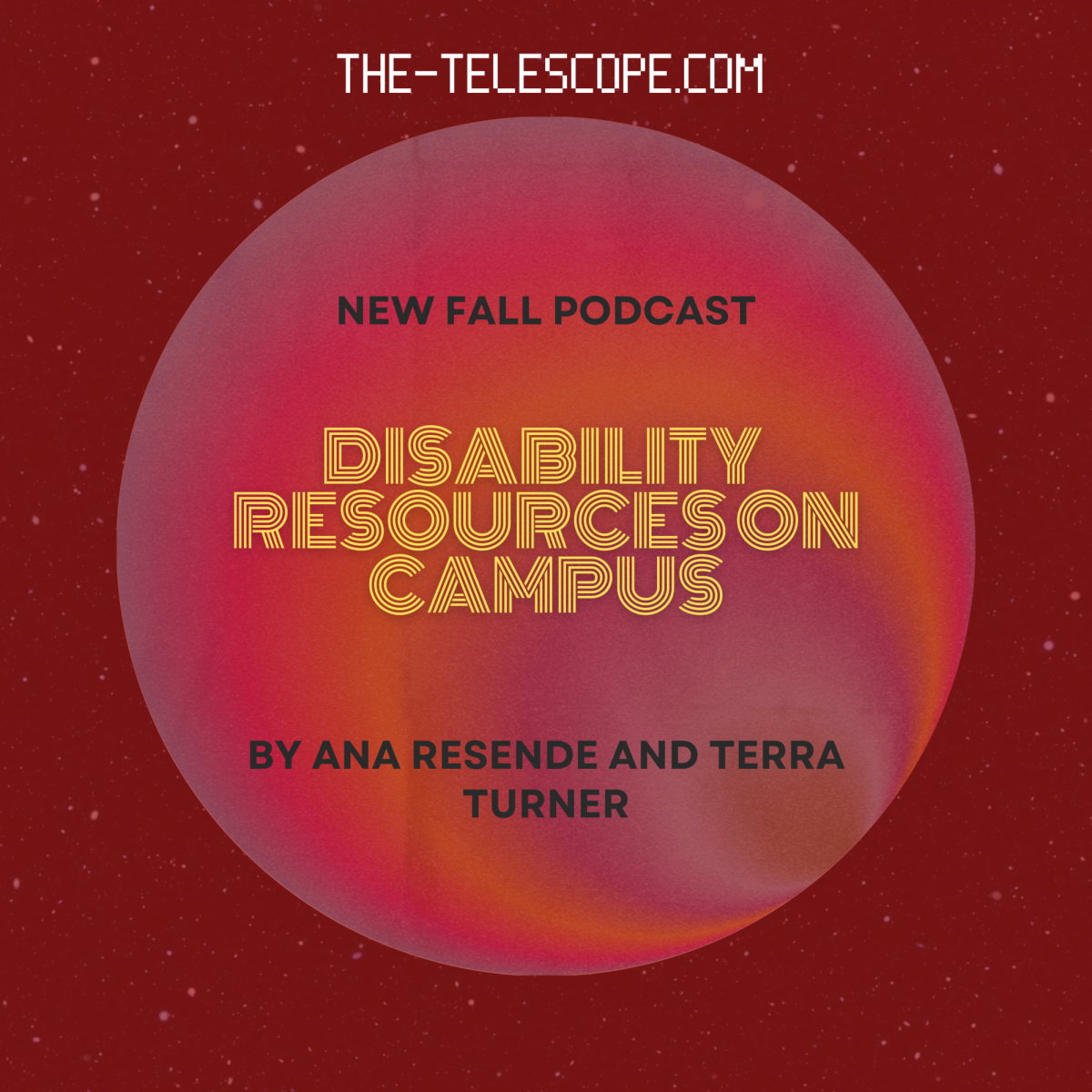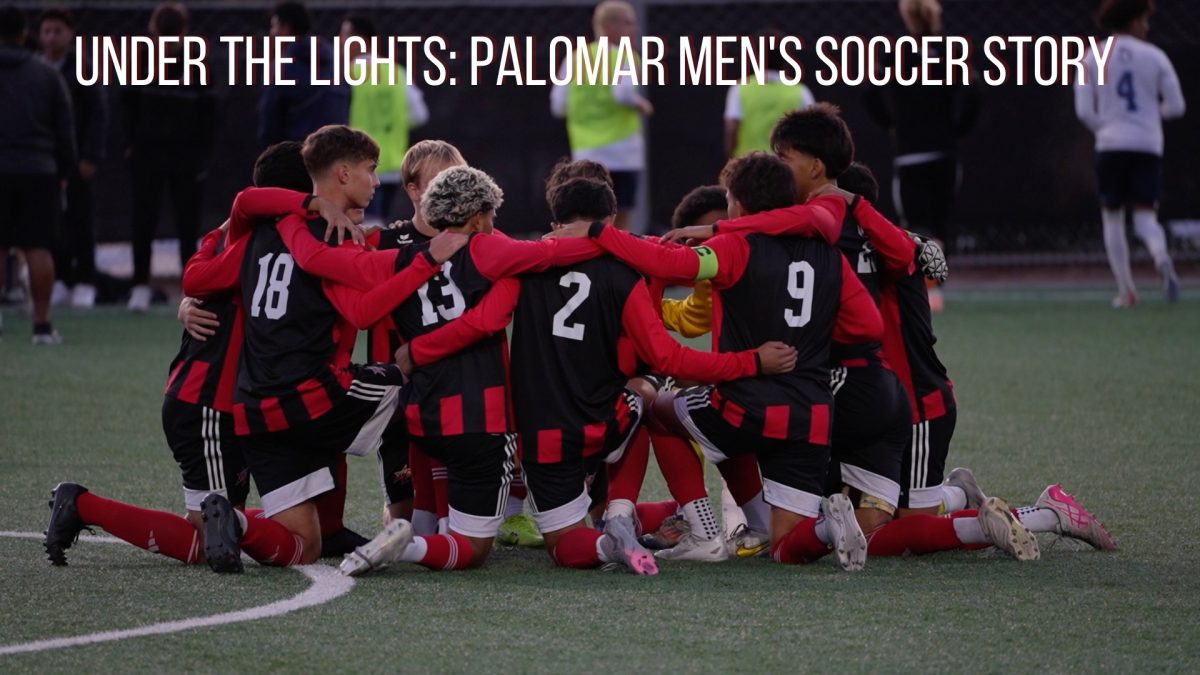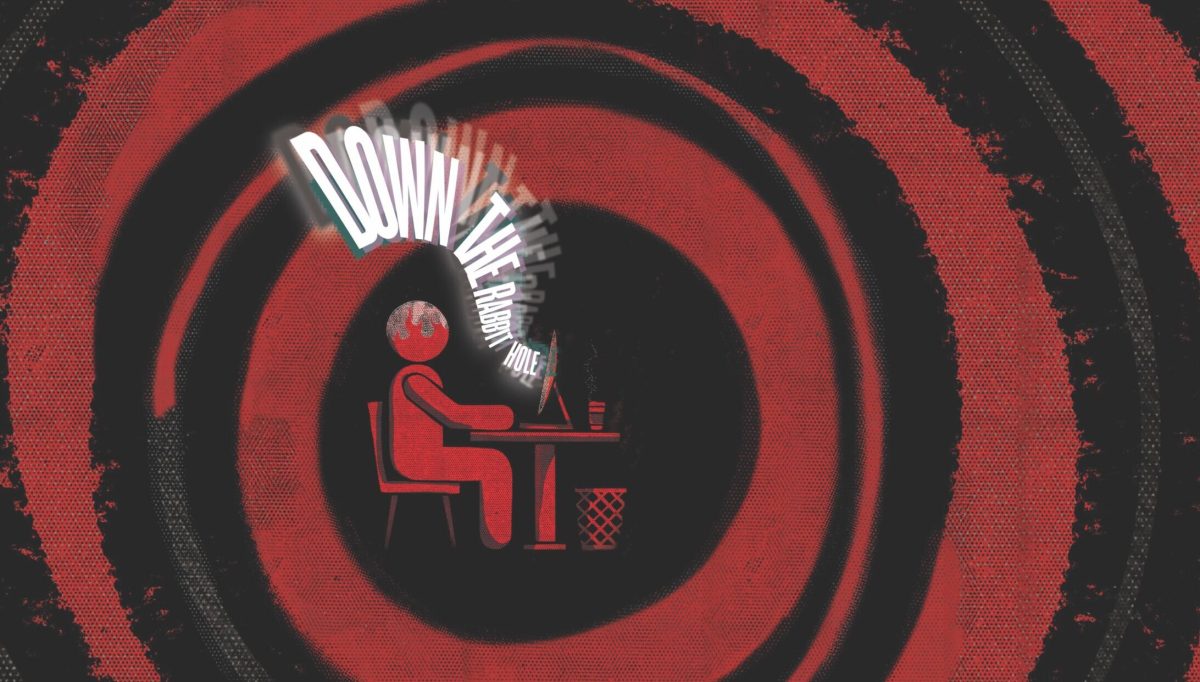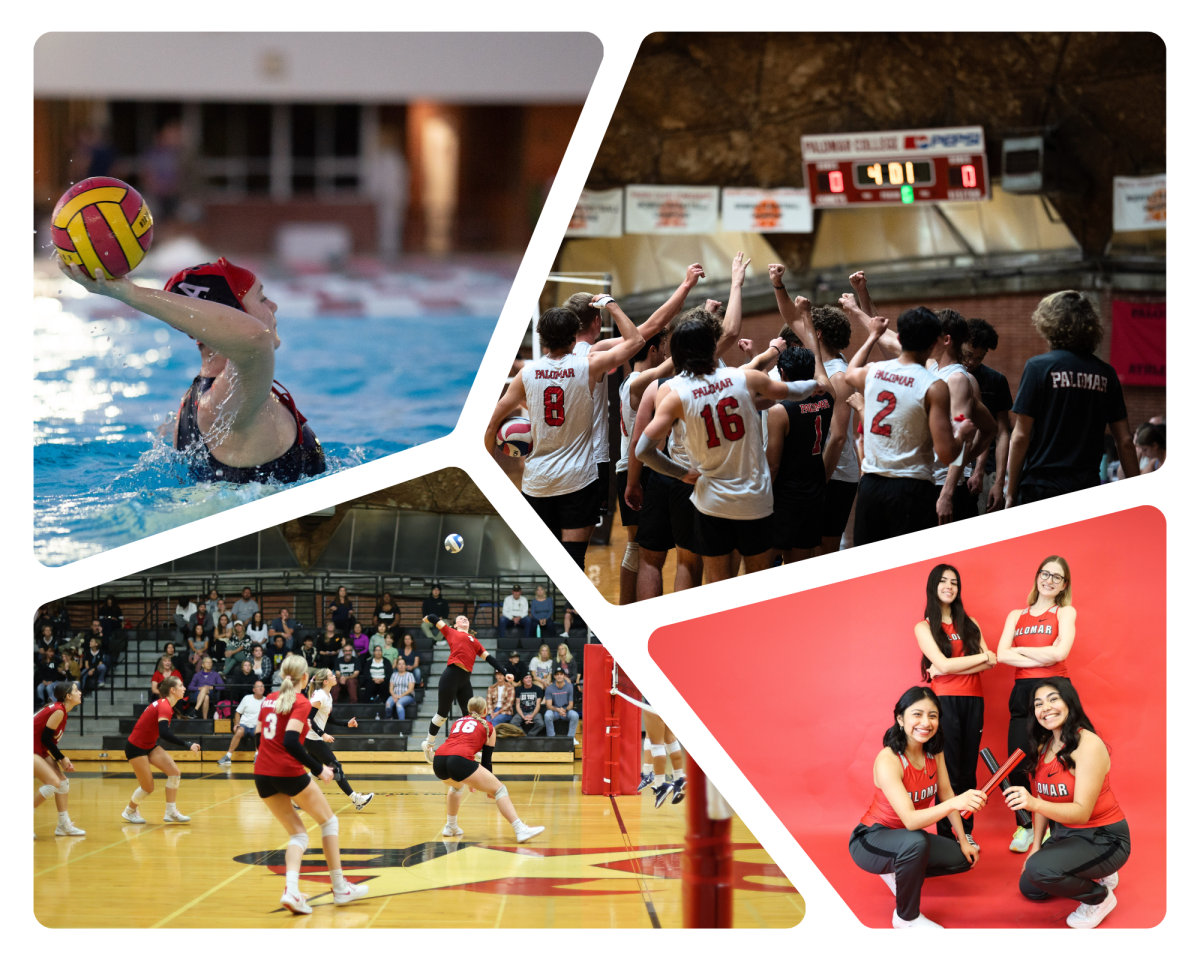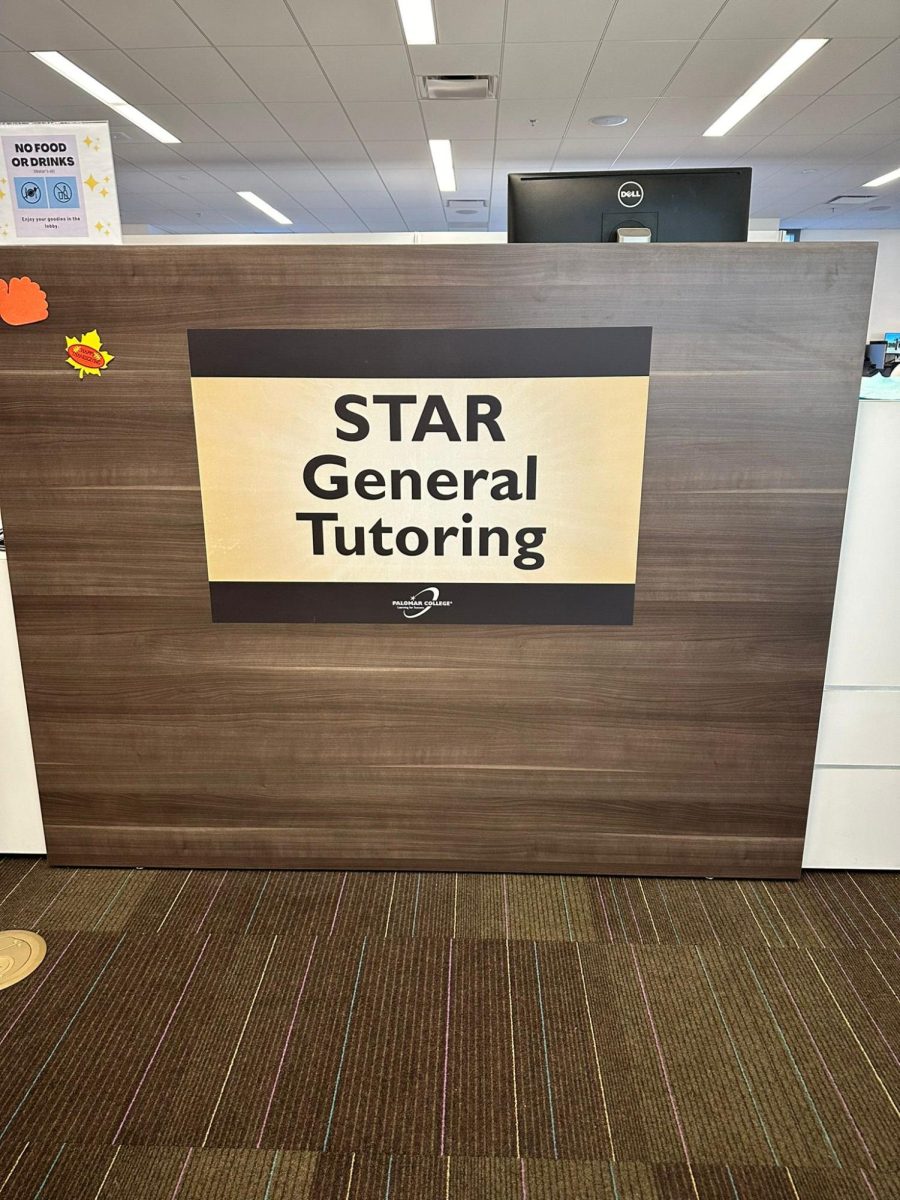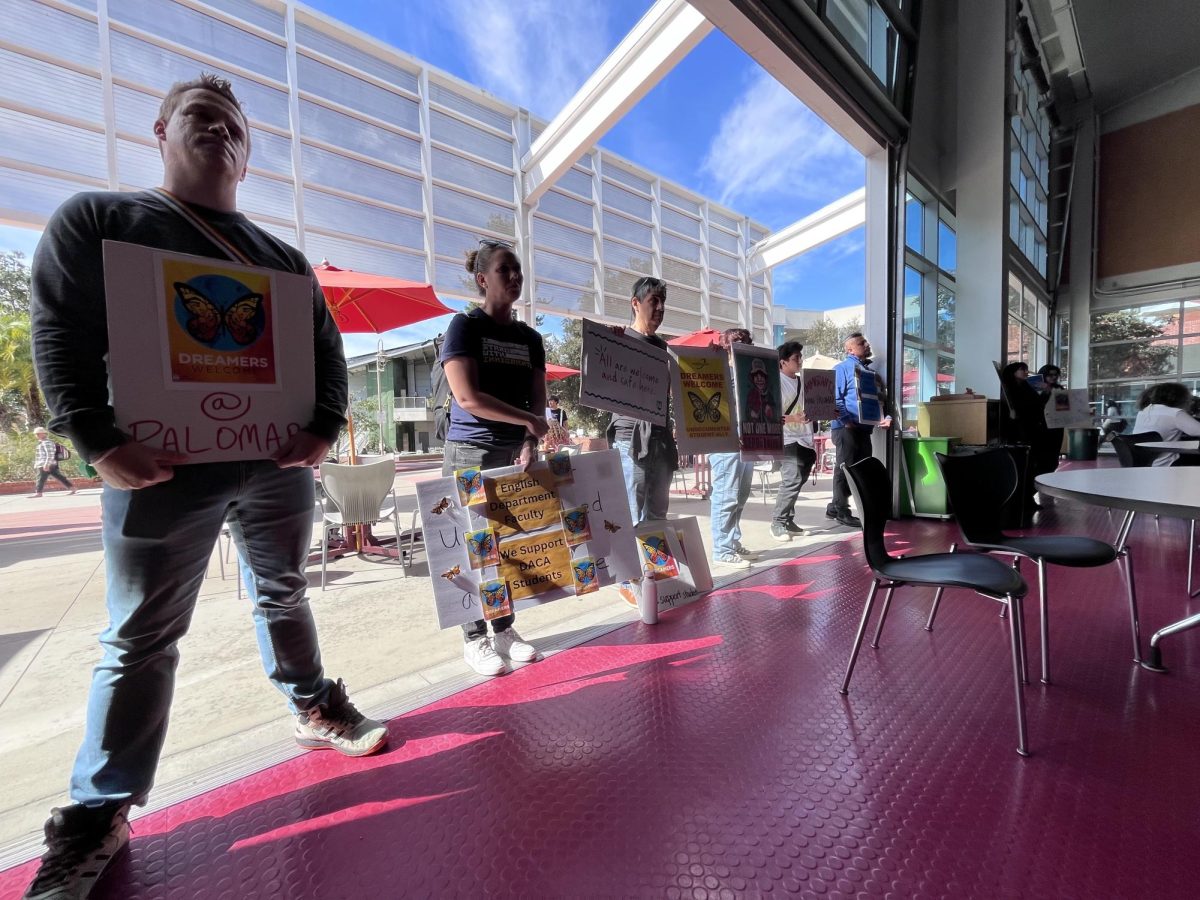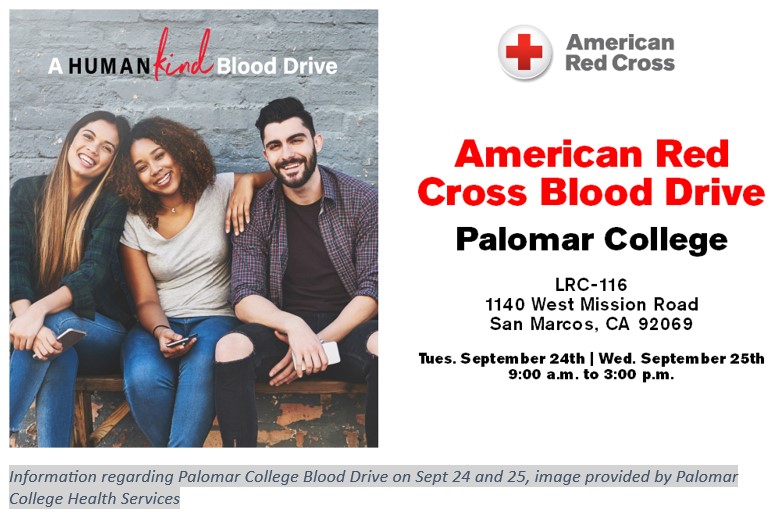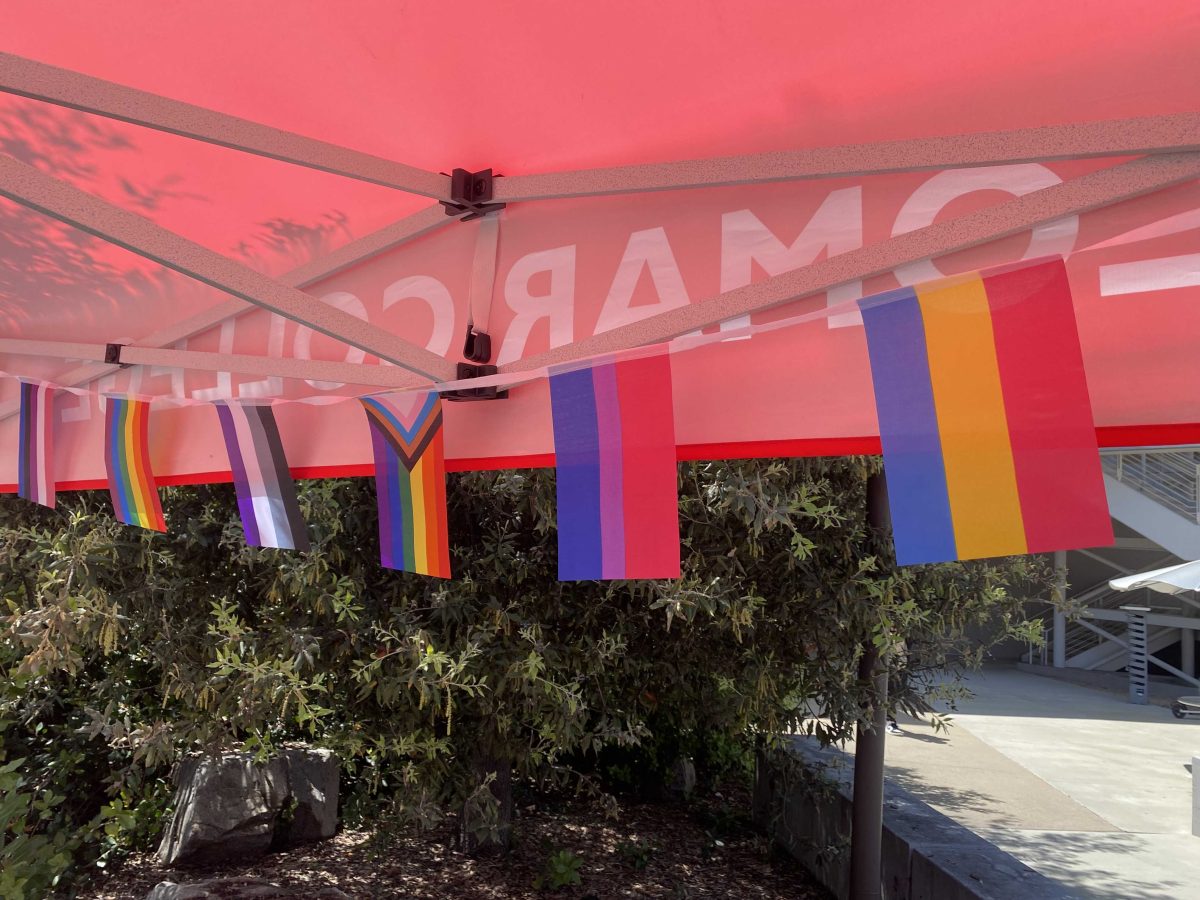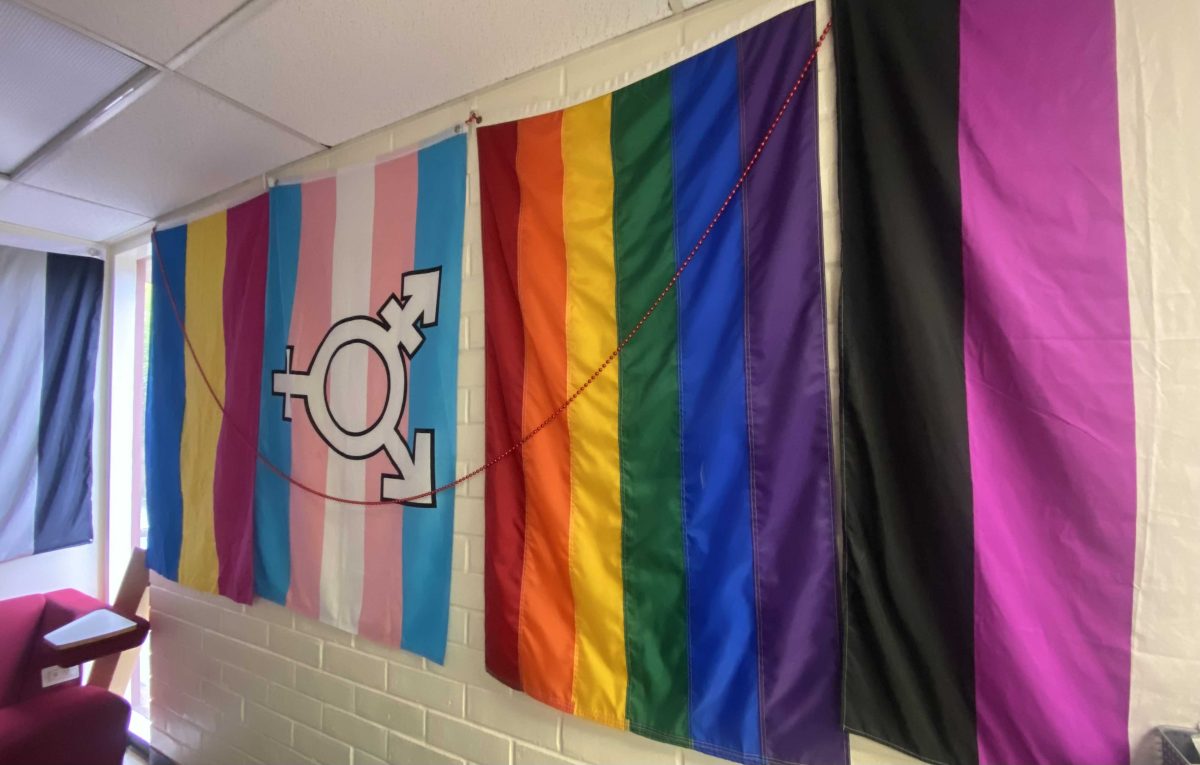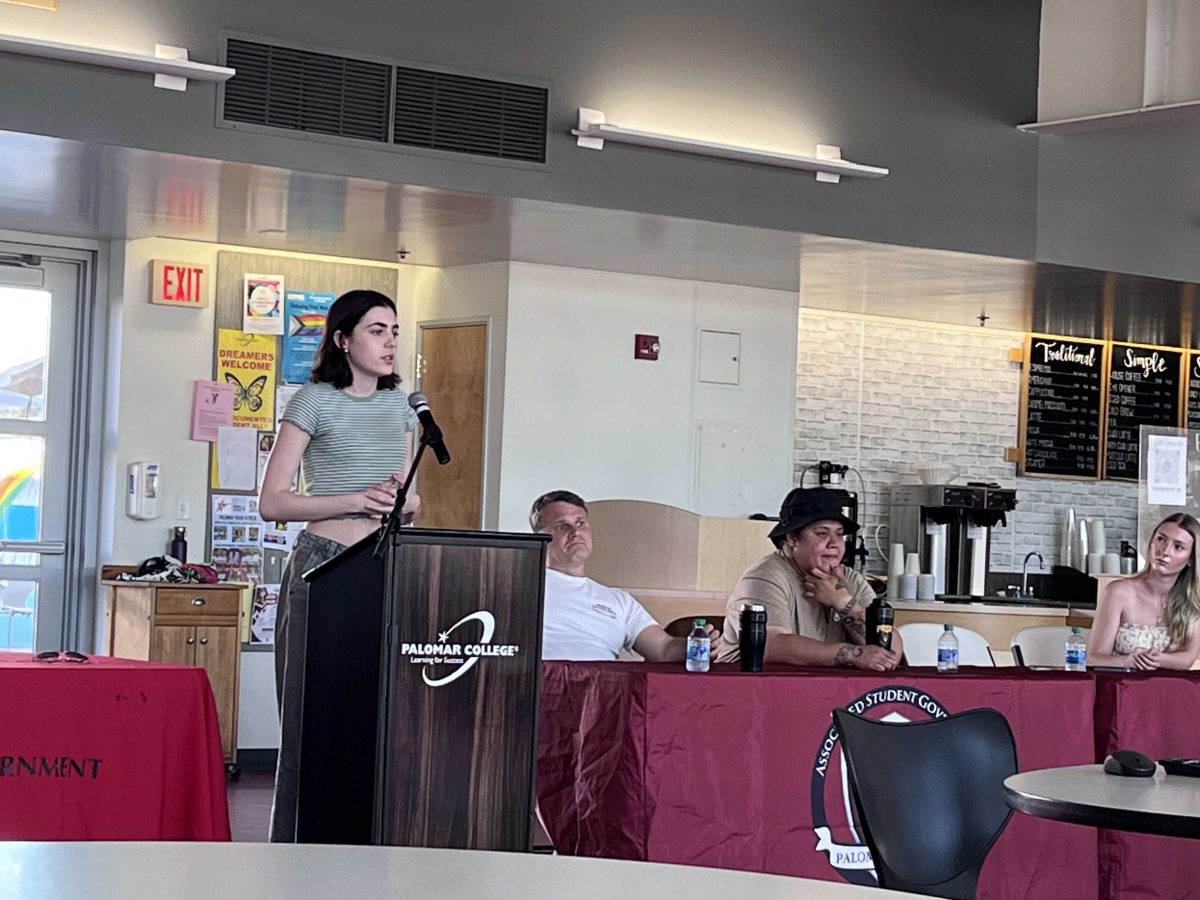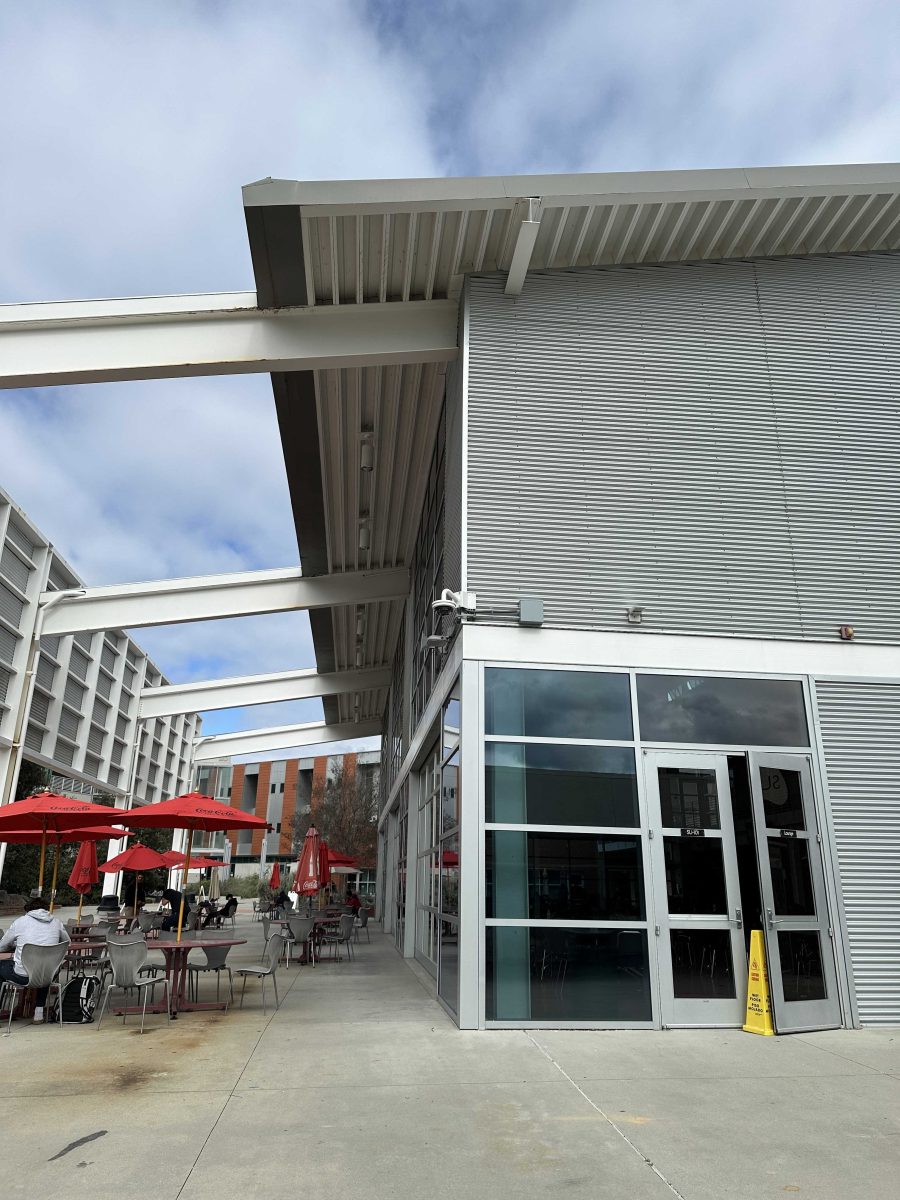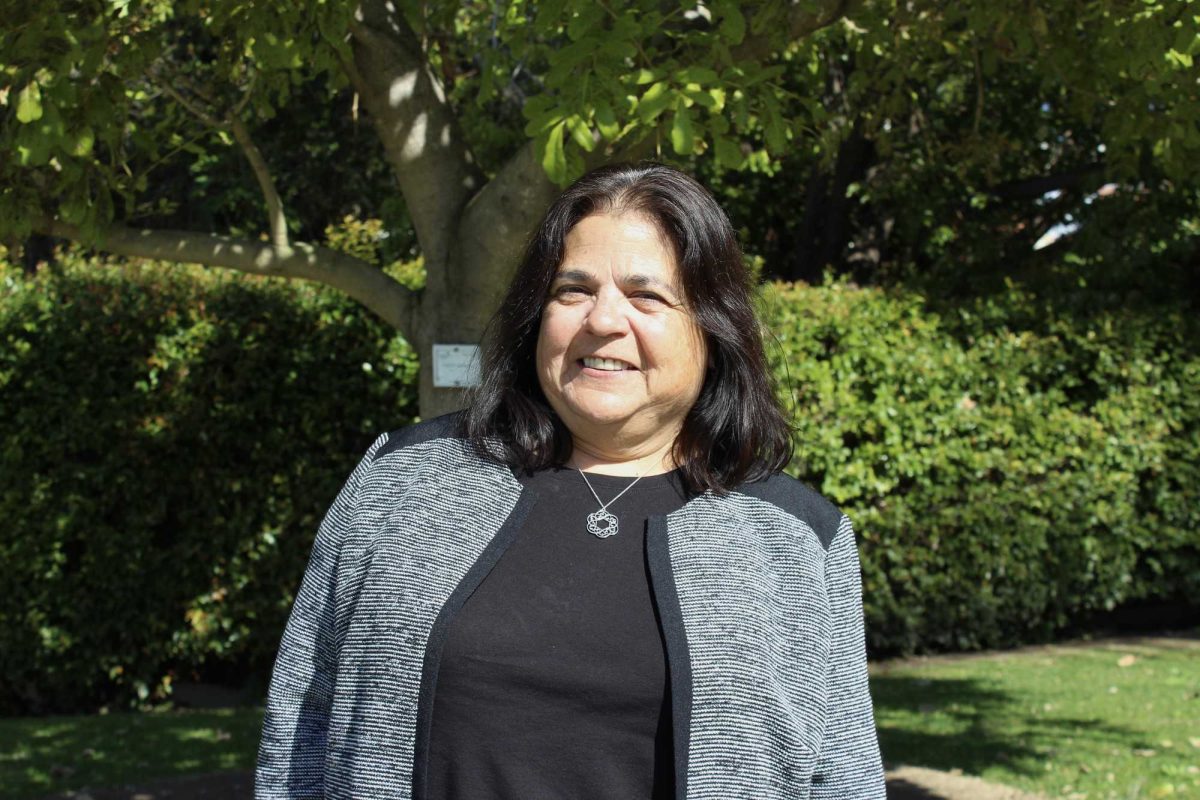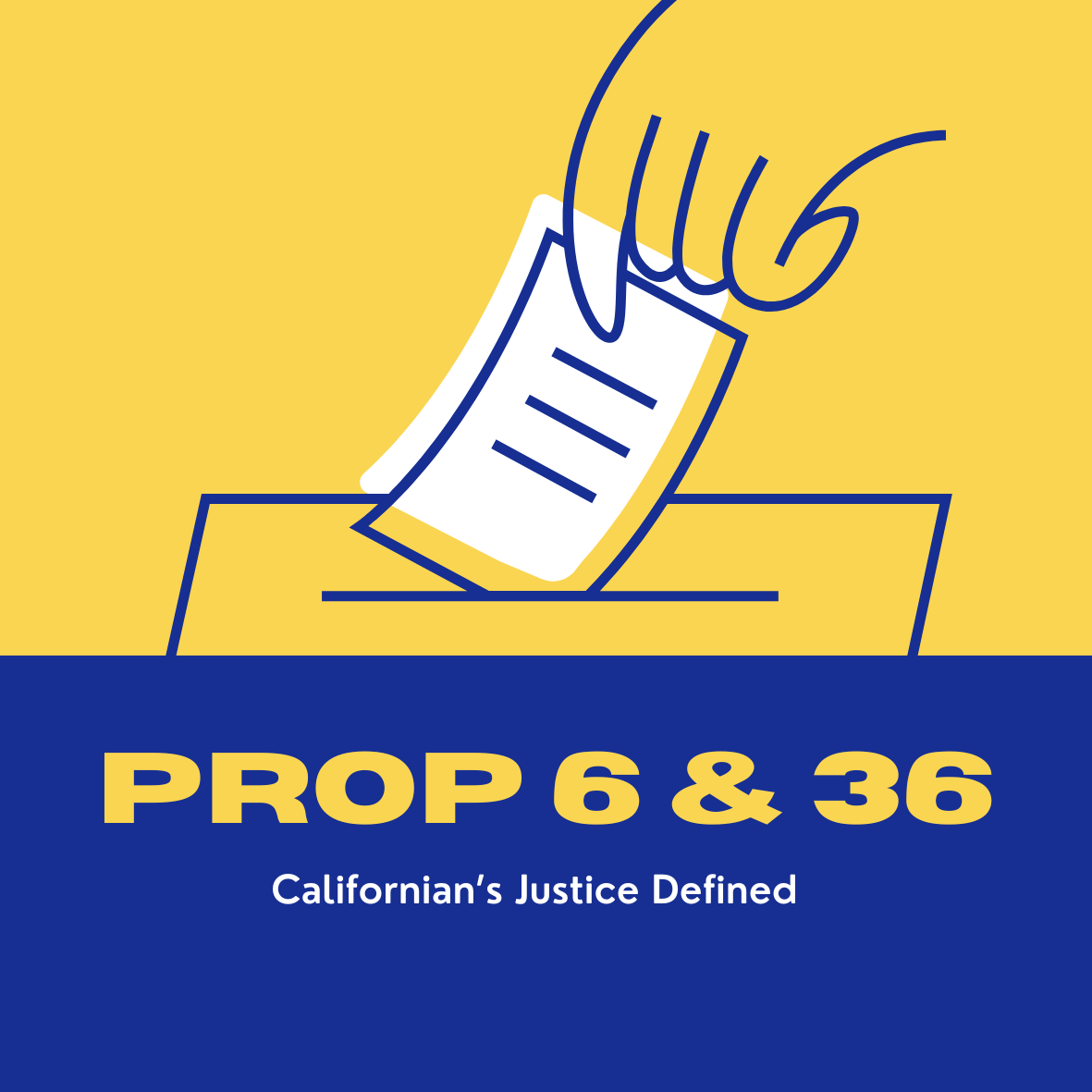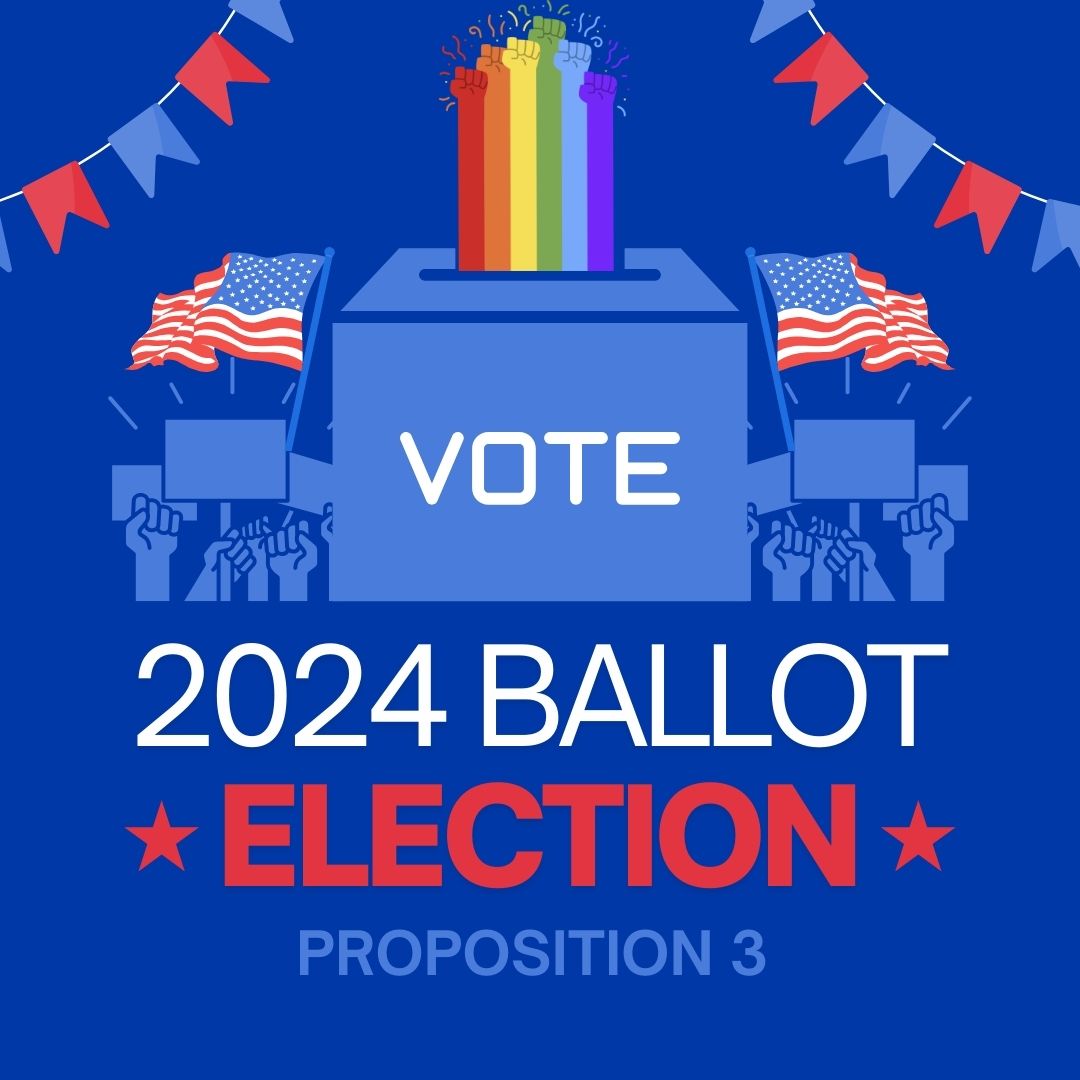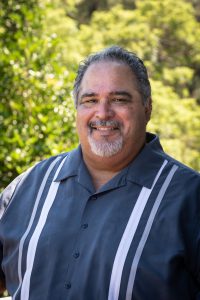
Roberto Rodríguez is one of the two District #3 candidates vying for a seat on the Palomar College Governing Board for the 2020 election.
A teacher in the Sweetwater Union High School District, Rodríguez’s priority is the student body. Whether it is ensuring the school has the necessary resources to help its students complete their education, or managing the budget in a way that is the least impactful to them, his objective is to make their Palomar experience worthwhile.
The Telescope: What is your educational and career background?
Rodríguez: I have a bachelor’s from the University of San Diego in International relations and Spanish. That’s also where I got my teaching credential. I also have a master’s degree from University of San Diego in International relations and I worked on a PhD in political science at UC Santa Barbara, but I didn’t finish that so I can’t claim to be a PhD.
But career-wise I’ve been a lifelong high school teacher. I’ve taught mostly government and economics in high school in the Sweetwater Union High School District down in the South Bay in Chula Vista. I started working there in 1987 and I’m still employed there.
The Telescope: Why are you running and why should students vote for you?
Rodríguez: I get asked that a lot. And usually it goes something like, why are you running at this particular time when there’s a crisis and all this other stuff is going on?
When I moved up to Vista about 15 years ago it was only supposed to be like a temporary move, so here I am 15 years later, still living here. And because my work is in Chula Vista, it’s in the South Bay. Then I got involved in union work and I’m on the board of directors of the California Teachers Association. So that takes me away from home quite a bit. I just felt like, okay, North County is my home now. It’s the place I’ve lived the longest and it’s time for me to give something back to my community and this is my way of doing it.
The other piece, and probably more important, is that I’ve been seeing what’s been happening at Palomar College. We also have the FCMAT [Fiscal Crisis and Management Assistance Team] report a couple years ago and the budget crisis and all of those situations. I’ve also seen some major budget cuts over the years and major impacts on students in terms of classes being cut, in terms of programs being shrunk. In my estimation that just makes student lives more difficult when that just shouldn’t be.
Our role is to educate students, the role of a community college is to educate and I think that’s what drew me in. It’s the notion that there are issues going on on campus, [and] that Palomar College has been a great institution in North County for a long time. I was just a little fearful about the direction that things were going, and so I decided to jump in because I think that my experiences have something to contribute.
The Telescope: What is your ultimate campaign promise and goal?
Rodríguez: My goal is to deal with the budget situation in a way that impacts students the least possible. In other words, if we’re looking at the outlook for state budgets coming up, the economy, as we all know, because of COVID-19 isn’t doing well. We’re highly dependent on the state budget in terms of funding for education as a whole, including community colleges.
We’re looking at some difficulties unless we figure some other things out coming up, so my role is to put students front and center and make sure that whatever the Board decides to do in terms of handling the budget that it impacts students the least. I believe there’s a way, I believe there’s a path where you can do those things, where you can provide students the education that they need and deal with the budget in a responsible way. That’s number one.
Number two. I was really alarmed over the last year or two, I guess, to see what was going on in terms of–I’ll just call it out–some of the racial issues that were going on on campus and some of the behavior of, frankly, even on the current board in terms of racial tensions going on. I want to make sure–it looks like they’re trying to deal with it already–it looks like they’re trying to address it at this point. It’s been a few months since a lot of the more ugliness kind of came out, but I think I want to make sure that it gets addressed not just in a cosmetic way, but in a deeper institutional way, because really it’s important. It’s important to root that out institutionally.
The third priority that I would have would be just to–and sometimes I get criticized–it looks to me like there’s a lack of trust on the Board. There’s a lack of trust between some of the stakeholders like faculty and the Board and just some tensions that I’ve noticed. I’ve been going to board meetings for about a year and a half, and I’ve kind of noticed that in the meetings and I’d like to address that. As a teacher, I kind of know where the faculty is coming from. If I’m lucky enough to end up on the Board, I’m hoping that I’ll be able to bridge that with colleagues on the Board and with the faculty and the students on campus, because it’s a community. I think we need to remember that Palomar College is a big community and we need to ensure everybody that there’s trust in terms of the decision making process.
The Telescope: What is your history with Palomar and why is the college important to you?
Rodríguez: My partner is a professor at Palomar College, so I’ve been around Palomar College and understand [and see] what goes on. She teaches in the performing arts department, so I’m aware of what’s going on through that lens, but [outside of that as well].
I’ve been active in labor [locally], and then statewide and even in San Diego just regionally. I’ve gotten to know some of the faculty and I’ve gotten to know some of the people that work on campus, and just have been hearing for years what’s going on on campus.
This is actually the second time I’ve run for it. I ran for the Board back in 2012 and I didn’t win that time, but so I’ve been interested and have been keeping an eye on Palomar College for years. Community colleges are important, they play a huge role. I’m a high school teacher. Most of our students that we graduate end up at a community college, so I know the impact and the role that community colleges play. So just as a person who’s for education, [that] is really important. I pay attention to the educational environment of the community that I live in.
The Telescope: How much time do you spend talking to students and trying to understand their needs and concerns through conversation with them?
Rodríguez: Not enough, just not enough. It’s really tough, and it’s been tough this year as a candidate. I wanted to have a student forum and it’s just been really difficult with this COVID-19 situation and getting together.
But one of the things [I intend] to do is to have regular forums where students can come in and talk to me as a Board member. Again, if I were to get elected and have regular conversations with students about just whatever. Whatever is impacting them, whatever they feel needs to be addressed. I can’t say that I will address every need, just because there are limitations to what individual Board members can and can’t do. But I certainly want to meet with students on a regular basis, and not just student leadership, if you will, just students in general because sometimes I believe that that’s a different perspective.
That’s one of my goals if I’m on the Board, is to meet with students on a regular basis and just hear from them. And have I done it so far? No. When you’re not a part of that community when you’re not a part of the campus, it’s very difficult. It’s very difficult to do. But that’s my intention at this point.
The Telescope: How do you plan to maintain a strong connection with the student body after the election?
Rodríguez: One of my goals is to have regular forums specifically for students. And in a way, this COVID-19 situation has opened up the Zoom world for me [in a way] that I wasn’t aware [of], so it makes it easier to be able to connect. I prefer connecting with people in person, if that’s possible. But certainly I would start there and start just making myself available on a regular basis to have conversations with students about the issues they’re concerned about. And so I would make those available. I don’t know what the process is, but hopefully The Telescope or we can do that online and just get the word out that that will be available for students in the future.
The Telescope: What do you believe students’ biggest problem is, and how would you help fix it?
Rodríguez: There’s a lot. We can start with some of the things that we’ve heard over the last few Board meetings in terms of groups of students not necessarily feeling like Palomar College is their home, is their community. And I think that needs to be really addressed. The college campus should be a place where everybody feels at home and everybody feels like they have a place.
Obviously that, in some cases, requires physical space, so the different student groups that have talked to the Board about this feel like they have a place in the home, in a safe space. So that’s one.
On a more academic front, probably ensuring that the courses that students need to finish their programs and graduate and fulfill whatever their educational goals are, whether it’s transferring to a four-year college, or finishing a degree, or getting their AA, or finishing a training program [is a goal]. I think ensuring that the courses that students need, that they’re always available, and we need to make it easier for students to get through their program. I know there are issues [like] fees have gone up. I know there are programs on campus to kind of deal with the cost of going to community college, but I still think that we could do a much, much better job dealing with that.
There’s also quite a few students I know on campus dealing with homelessness. I think that also somehow needs to be addressed. These are big issues and big social concerns that are almost bigger than what a school board or board of trustees necessarily deals with, but these are problems that are close to home that we all can do something about. And so I would name those off the top of my head as far as issues to deal with.
The Telescope: What do you believe the role of The Telescope is on campus, and how is it important to the school and the community?
Rodríguez: You’re the voice of the students, and the voice for students on campus. I still remember when I was in college, the student newspaper was how you found out what was going on on campus, and you’re the ones that ask the questions that students want to know and are hard for them to find out. You have access to the leadership on campus, you can interview the president, the superintendent, you can interview board members. You are the voice and you are the eyes and ears of the student body, and at the same time you’re able to bring them the information that they need and want.
It’s a pivotal role, I think it’s really important. I think it’s important that you’re able to do it. Like all media, I think you should be able to do it openly and just be able to do your job. I don’t know how much, [but] it sounds to me like you have quite a bit of freedom to do that on campus. But I certainly would ensure that freedom and [that] your ability to do that work continues into the future.
The Telescope: How will you help improve Board relations with faculty?
Rodríguez: That’s really important. As I mentioned before, I think the trust issue is really important. I have committed myself to the leadership of both the Palomar Faculty Federation and the classified staff to meet with them on a regular basis, and just have conversations about what’s going on on the Board and be able to have these dialogues.
I just think that relationship has really deteriorated over the last year, year and a half or two. It might be getting better, I think under President [Jack] Kahn. But there’s still a lot of work to be done there. I think dialogue and conversation are the best way, but really the most important way is follow-through. One of the things that I’ve mentioned to the faculty leadership is, look, you may not always like how I vote. And I have their endorsement. But I’ve been pretty open about it. You may not always like how I vote, but you’ll always know why I voted a certain way, I’m not going to blindside you and I’m not going to surprise you. So I think being open and having a dialogue is really important in establishing trust and in establishing and improving those relationships.
The Telescope: How do you plan to help resolve the school’s current financial situation?
Rodríguez: I had been toying with the idea of running for the position again. But when that came out, that kind of cemented in my head that I wanted to run.
It’s going to take some creativity in order to deal with this issue because it looks like they’re–from what I’ve gathered–and it’s hard to gauge because when you’re not on the Board, you’re not privy to all of the decision-making and all of the information. I’ve been going to the Board meetings and it sounds like they were taking care of some of the issues that were there, in terms of how they budgeted from year to year and all of these things. It looks like they’re taking care of some of the bigger issues that were there on the FCMAT report.
I know it’s hard because those things get into kind of the popular view of, oh Palomar is having financial issues. They can be addressed, but nobody writes an article about how Palomar College has improved their financial situation. The article about how it was so bad, is the one that kind of sticks out to everybody and so that idea perpetuates. I’m not saying that it’s over and I’m not saying that it’s done. I think it’s improved. I’ve had conversations with Nina Deerfield. And so she assures me that things are improving and the major issues are being dealt with. I would want to make sure that that’s the case.
My concern isn’t so much with what happened in the past. I’m pretty sure that those things are being taken care of. My concern, to be honest, is what’s coming. The state passed a fairly status quo budget this year for public schools, including community colleges. A lot of it is dependent on the federal government passing another assistance bill and we know that’s been hung up in the Senate for three months now, and probably won’t get voted on before the election.
My concern is not what happens this year, but what happens next year when the revenue for the state is low and they’re going to have to make some budget cuts to education budgets in general, what’s going to happen there. I firmly believe that for years now, we’ve been fighting for a bigger slice of that small pie that exists. But it’s a big state and it has a lot of expenses and education takes a big portion of that. We have one of the biggest education systems in the country.
I think it’s critical for the future that we figure out a way to come up with more revenue for education. Right now we have Proposition 15 on the ballot. If that passes, that’ll go a long way to increasing money for education in the future. But I think regardless, even if it does, the next year or two are going to be lean years in terms of state budgets, which means lean years for education budgets. I’m hoping that once this COVID-19 thing settles and the economy improves that will lessen the impact, but I don’t know. I’m very, very concerned about what’s happening in the coming years.
How to deal with it, I think we’re going to have to get really creative budgets. As you all know, we hear our budgets are a reflection of our priorities, and so we need to figure out what our priorities are. My priority is education and ensuring that students get the highest quality education possible. That’s our mandate. That’s what we should be doing. I know some people want to do cuts right away and cut budgets and cut salaries and cut, cut. If those are necessary, I’m sure they’ll get negotiated at the bargaining table with the different groups on campus, but I truly believe that we’re going to have to get creative over the next couple of years in terms of how we deal with the budgets that are coming.
The Telescope: Is there anything you would like to add?
Rodríguez: I appreciate the opportunity to come and talk to you, it’s really one of my first opportunities I’ve had to talk to students. So I’m really happy that you gave me the opportunity to do this. I’m glad for the chance to be able to talk to students in the future.
In addition to what we’ve talked about, I wouldn’t be doing this if I didn’t think Palomar College had a bright future. As I’ve gone around and talked to voters over the last few weeks and months, I run into people that go, oh I went to Palomar College when I was a student, I went to Palomar College back in the 70s, I went to Palomar College back in the 80s. There [are] all these people that are really proud and happy about their experience at Palomar College and I want to ensure that experience happens for students today and long into the future. I’m hoping to bring my background as an educator, as a union leader and just as a member of the community in order to help do that. So thank you for the opportunity.
For further information on Rodríguez, visit his website.

